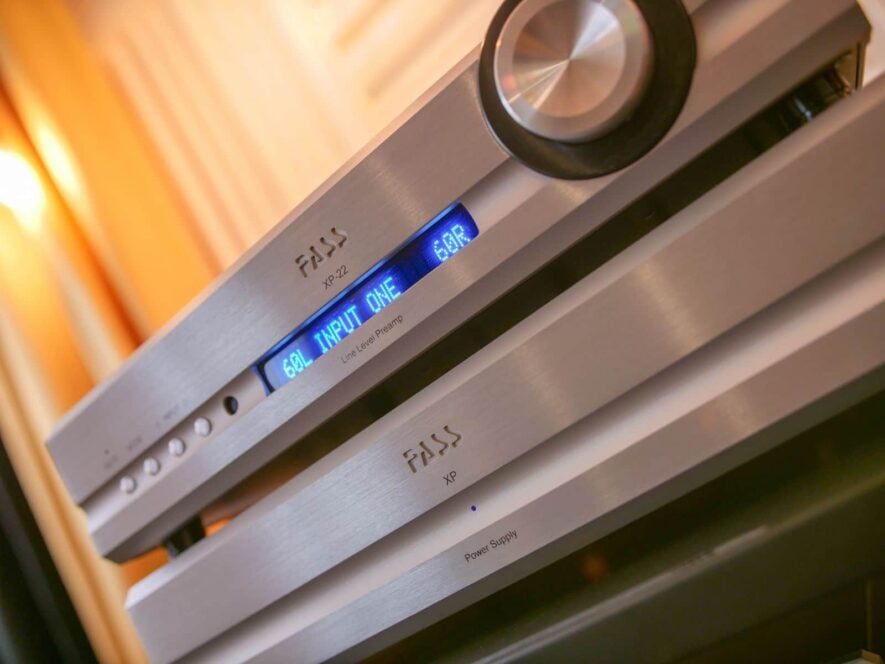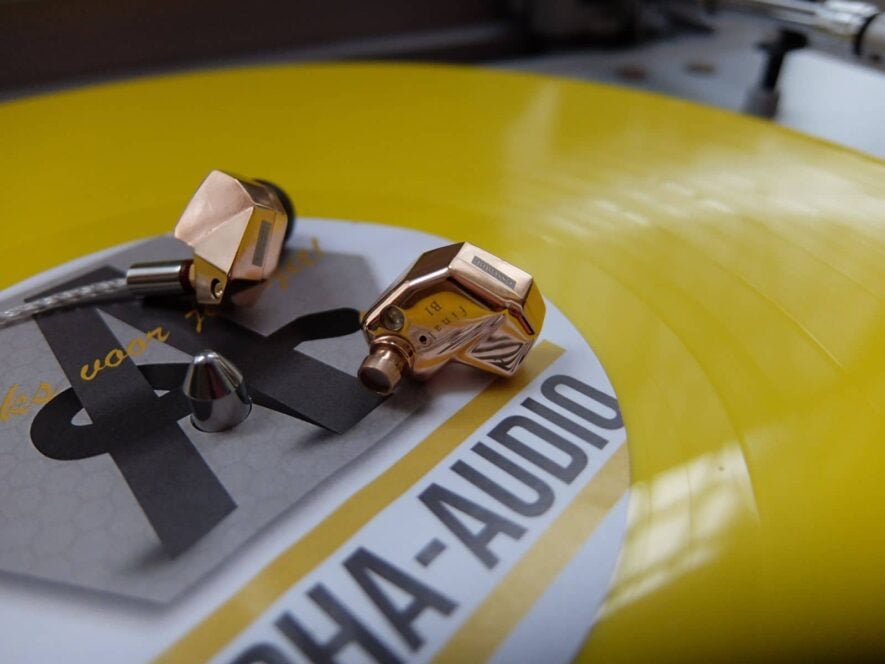

Outdoor Category
Contents
When comparing hi-fi equipment, one quickly turns to music with deep bass, great dynamics, tinkling percussion and fast rhythms to determine where the limits of a system lie. I love playing chamber music recordings. Musicians practice for many hours to make their ensemble sound like more than the sum of the individual instruments. That is what I want to hear and it is surprising how difficult it is to reproduce correctly.
Chamber music cannot be precisely defined as a category. It is often pieces for 1 to 6 players and within that there is a great deal of variation. Before there was radio and television, music for small groups was the way to seek entertainment, as a player or as a listener. That explains why so much chamber music has been written over the centuries. A lot of mediocre rubbish has been written. Much has also been recorded with little love for the music.
This is certainly not the case with this recording by Fanny Robiliard (violin) and Paloma Kouider (piano). Debussy’s sonata and Hahn’s nocturne are beautiful pieces, performed at a high level. Be sure to listen to them. There are two other pieces on the album that I would like to pique your curiosity with. The piece ‘Myths’ by Szymanowski has three parts that are all based on a story from Greek Mythology. The glue between the pieces is that all three myths have to do with water. The piece therefore flows like water.
What Szymanowski has done is to “sound out” the character of the protagonists in the myth. If you are not familiar with mythology, it is advisable to listen first and only then look up what the story is. I am curious to hear whether you can hear the story in the music. I think they are accurate character sketches.
Violin and piano have an equal role in this piece, which makes it just a bit more exciting to listen to. The album closes with a Sonata by Ravel. Ravel loved the jazz he heard in Paris. It is funny to realise that a piece written according to the rules of our western music tries to capture the freedom and sound of jazz music. This can sound very artificial, but Ravel switches seamlessly between these two worlds. Robiliard and Kouider make it sound as if they have no trouble at all.
Debussy, Szymanowski, Hahn, Ravel – Fanny Robiliard, Paloma Kouider, Evidence EVCD039, 2017
From muzak to music
You may have been at a posh reception, where a string quartet is playing music in the corner of the room and all the guests are doing their best to ignore the musicians. Ten to one, they are playing a piece by Czech composer Antonín Dvorák, a composer who wholesales melodic string quartets that do not offend anyone. This often makes it sound a bit polite.
It can also be different. String players of the Berlin Philharmonic have come together to play music alongside their regular orchestral jobs. Only it is not a quartet, but a quintet. A double bass has been added to the two violins, viola and cello. Not many pieces have been written for this line-up, but Dvorák has. The double bass does something for the foundation of the sound and is the reason I added this recording to the list. It turns muzak into music and you go through the Sunday morning feeling just a little more comfortable.
Are there more interesting performances of Dvorák’s string quartets and quintets than this? Oh certainly. But what makes this the perfect Sunday morning music is the fun that springs from it. These five players make this music because they feel like playing, free from the pressure that comes with being a member of a renowned orchestra. Dvorák’s music is a delight to “fiddle” with, but in this recording it remains within the bounds of tastefulness. For those who do not know what fiddling is, I refer you to the singing skills of folk singers: just a bit too much of the emotions of the song.
Dvorák: String Quintets – Berlin Philharmonic String Quintet, PentaTone PTC 5186458, 2012
Hey DJ, put that classical record on!
Every Sunday morning has an end, and so does this one. I hope this invites you to explore more classical music. A nice way is to listen to the podcast “De Mengtafel“, where DJs and producers from the dance scene talk about their link with classical music.










